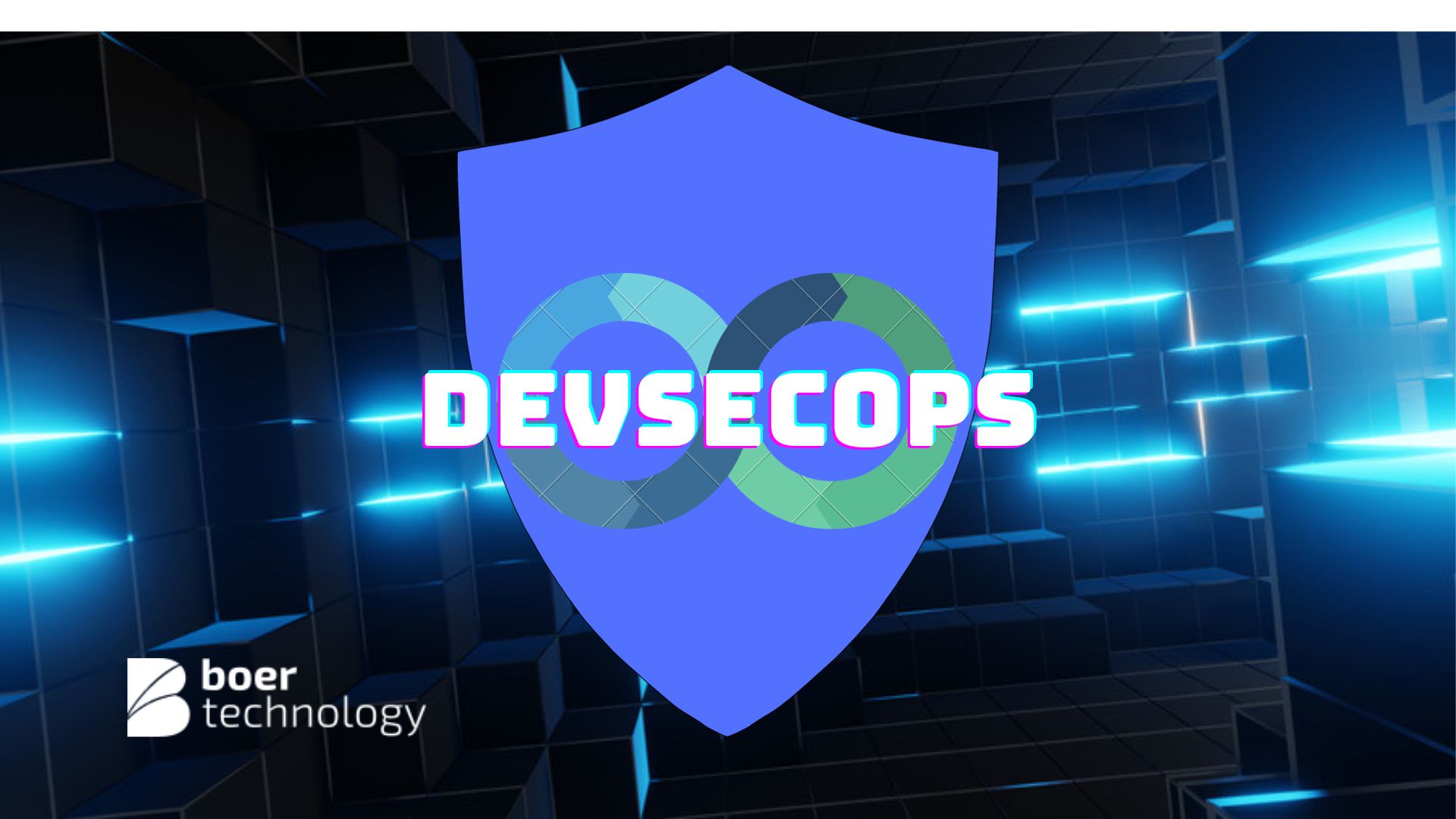The Most Important Thing to Know About DevSecOps
DevSecOps, a combination of Development, Security, and Operations, is a revolutionary approach that integrates security practices into the DevOps process. It's all about shifting left and addressing security concerns from the start of the development cycle. In this article, we'll explore the most important thing to know about DevSecOps – its core principles and the crucial role it plays in ensuring the security of modern software development.
-
The Integration of Security into DevOps:
The most critical aspect of DevSecOps is the integration of security practices throughout the entire software development lifecycle. Traditionally, security was treated as a separate phase that came later in the process, but DevSecOps promotes a holistic approach where security is an integral part of the development process from the beginning. This ensures that security vulnerabilities are detected and addressed early, reducing the likelihood of security breaches.
-
Automation is Key:
Automation is a fundamental component of DevSecOps. By automating security testing and checks, organizations can ensure that security is consistent, repeatable, and scalable across their projects. Automated security scans, vulnerability assessments, and compliance checks are executed continuously, allowing teams to respond promptly to security issues.
-
Continuous Testing:
DevSecOps emphasizes continuous testing for security vulnerabilities. Automated security testing tools, such as static application security testing (SAST), dynamic application security testing (DAST), and interactive application security testing (IAST), are employed at various stages of the development cycle. This ensures that code is continuously scanned for potential security weaknesses.
-
Shift Left:
DevSecOps promotes the "shift left" mentality, which means addressing security concerns as early as possible in the development process. By doing so, teams can identify and fix security issues in the design and development phases, which is far more cost-effective and less disruptive than addressing security problems after deployment.
-
Collaboration and Communication:
DevSecOps encourages collaboration between development, security, and operations teams. Effective communication and collaboration are essential to implementing security practices successfully. All stakeholders need to work together to ensure that security requirements are met without slowing down the development process.
-
Security as Code:
Security as code is a core concept of DevSecOps. It involves codifying security policies and practices as code, just like infrastructure as code (IaC). This means that security configurations and checks can be versioned, automated, and integrated into the software development process. Security policies become enforceable, repeatable, and transparent.
-
Compliance and Governance:
DevSecOps ensures that compliance and governance requirements are built into the process. Security and compliance policies can be codified and automated, ensuring that applications adhere to regulatory and internal requirements. This not only reduces the risk of non-compliance but also provides clear audit trails.
-
Education and Training:
DevSecOps requires that teams are well-informed about security best practices. Providing training and education to all team members, from developers to operators, is crucial. This helps everyone understand their roles in maintaining security and allows them to spot potential security issues early on.
-
Feedback Loops:
Continuous feedback loops are essential for DevSecOps. Teams need to gather feedback on security issues and use this information to improve processes continually. DevSecOps is an iterative approach, and learning from past security incidents is key to making ongoing improvements.
-
Cultural Shift:
Perhaps the most important thing to know about DevSecOps is that it's not just a set of tools or practices; it's a cultural shift. It requires a mindset change, where everyone in the organization takes responsibility for security. The "everyone is responsible for security" culture is at the core of DevSecOps, and it's what truly sets it apart.
Conclusion
In the modern era of software development, security is not an afterthought or a separate process; it's a fundamental aspect that must be integrated from the start. DevSecOps is a powerful approach that ensures security is part of the DNA of every project. By emphasizing automation, continuous testing, collaboration, and a cultural shift, organizations can build and deploy software that is not only efficient but also highly secure. The most important thing to know about DevSecOps is that it's not an option; it's a necessity for modern software development.
Read Also: CLOUD INFRASTRUCTURE: BUILDING BLOCKS OF THE DIGITAL AGE
Read Also: ARCHITECTING THE CLOUD: A GUIDE TO CLOUD MIGRATION STRATEGIES

